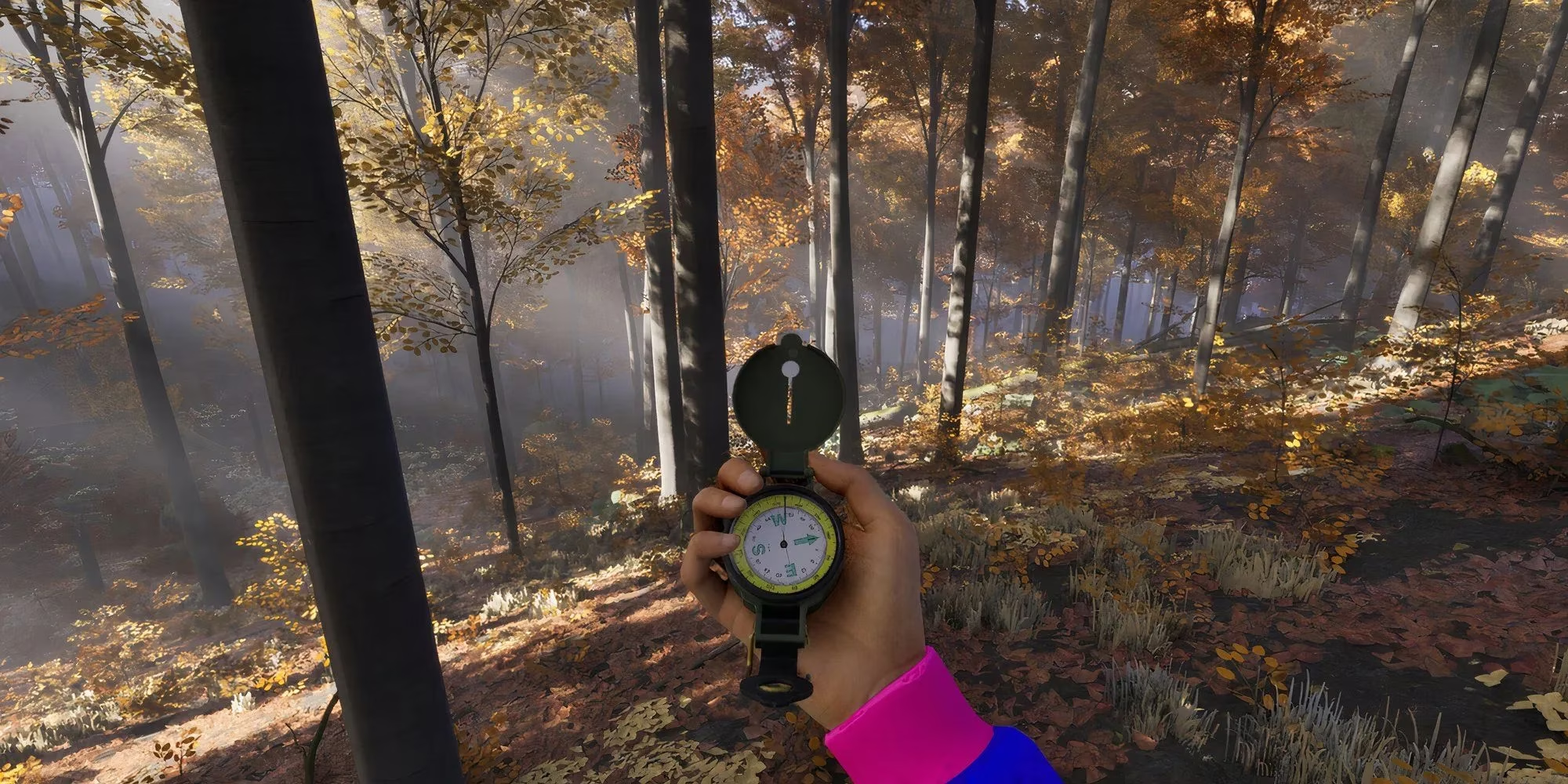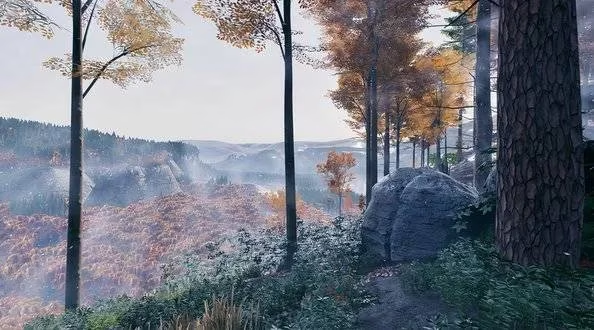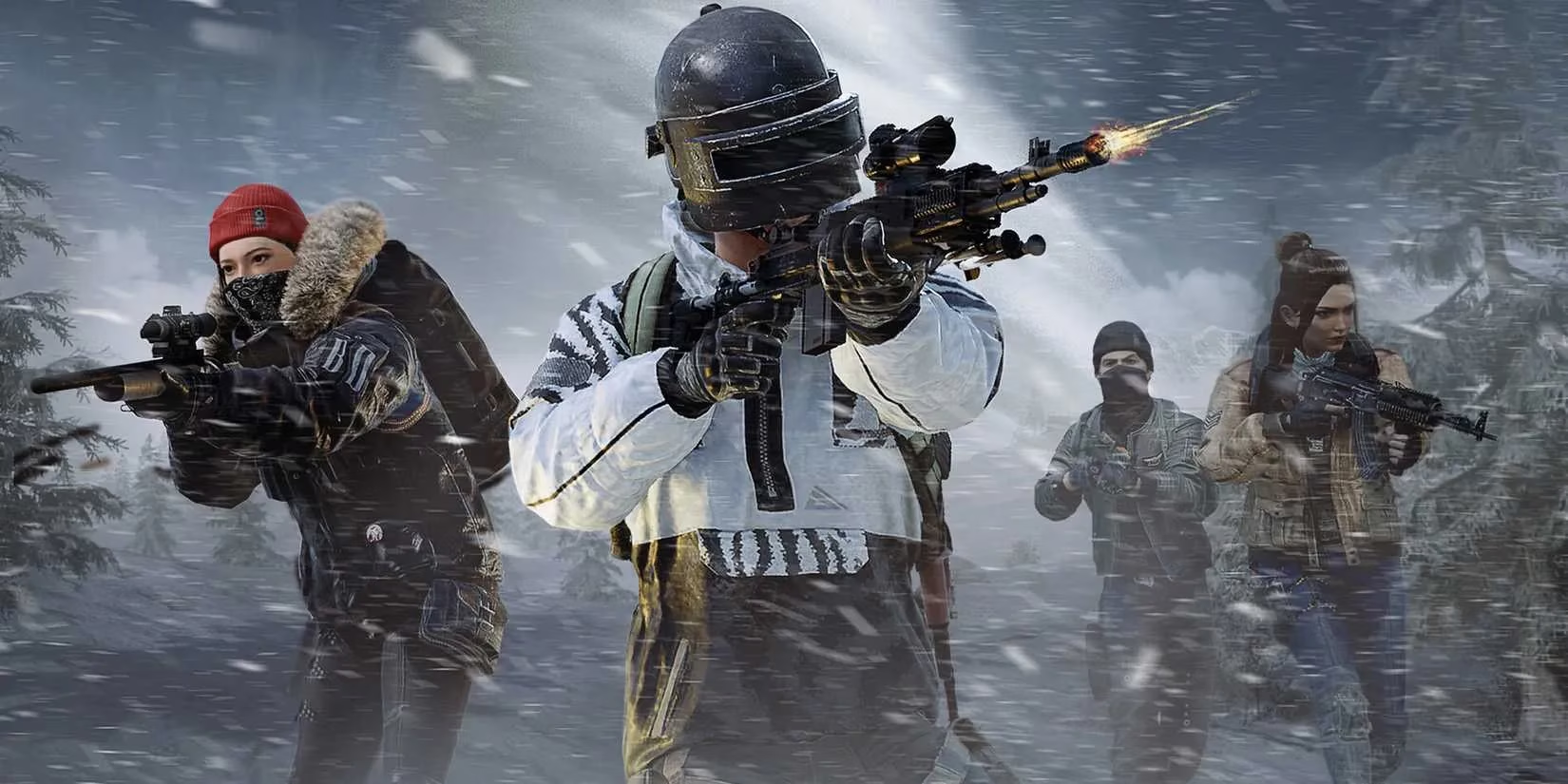Experience the bold shift in survival gaming with Brendan Greene's Prologue, blending brutal realism and wilderness mechanics to redefine player challenge and engagement.
I still remember the electric tension of my first PUBG chicken dinner back in 2017, palms sweating as the blue zone closed in. So when I sat down with Brendan "PlayerUnknown" Greene in 2025 to discuss his radical departure from battle royales, his opening words stunned me: "I expect a lot of people will hate Prologue: Go Wayback!" The creator who birthed gaming's biggest phenomenon was deliberately designing his new survival title to repel mainstream players. Greene leaned forward, eyes flashing with the same intensity that revolutionized multiplayer gaming eight years prior. "Modern games have become soft," he declared, tapping the table for emphasis. "Too much hand-holding, too many safety nets. Real wilderness doesn't work that way."

Why make something intentionally divisive? That's the question echoing through gaming forums since Greene's announcement. His answer traces back to childhood memories of playing the original Doom - that raw, punishing difficulty where every mistake carried consequences. "There's beauty in brutality when it's fair," Greene explained. Prologue: Go Wayback! channels this philosophy through its hyper-realistic wilderness survival mechanics. Forget zombie hordes or alien invasions; your greatest adversaries are hypothermia, starvation, and terrain that demands meticulous preparation. Weather forecasts become sacred texts, equipment checks mean life or death, and forgetting to pack extra tinder could spell doom. Greene calls it "predictable punishment" - the blizzard that kills you after ignoring storm warnings feels deserved, unlike PUBG's random blue zone or sudden sniper fire.
This leads to the core frustration Prologue solves: unavoidable ambushes. We've all raged when games punish us for things we couldn't possibly anticipate. Greene mimed smashing a controller: "That feeling of helplessness? That's what breaks monitors." His solution replaces human unpredictability with nature's patterns. If you freeze to death on the mountain, it's because you ignored the dropping barometer. If wolves attack, it's because you trekked through their territory at dusk. "The wilderness doesn't cheat," Greene stated. "It just exists. Surviving it feels earned."

People Also Ask:
🔥 Why won't Greene make PUBG 2 instead?
🌲 What makes Prologue different from other survival games?
🎮 Could this approach revitalize hardcore gaming?
Scott Davidson, Prologue's creative director, joined our conversation with a wry smile. "Brendan gets daily tweets demanding PUBG 2," he shared. "But chasing trends killed more studios than bankruptcy." The numbers back this up: after PUBG's 2017 explosion, countless battle royale clones emerged. Fortnite ultimately dominated with its building mechanics and constant updates, amassing 250 million players by 2023. "You can't force innovation through sequels," Greene asserted. "Battle royale had its revolution. Now survival deserves its reckoning."
Here's what sets Prologue apart according to the developers:
| Traditional Survival Games | Prologue: Go Wayback! |
|---|---|
| Supernatural threats | Real-world wilderness dangers |
| Crafting as main activity | Preparation as core gameplay loop |
| Random enemy spawns | Predictable ecological patterns |
| Quick recovery systems | Permanent consequence system |
This uncompromising vision means rejecting quality-of-life features modern gamers expect. No glowing waypoints. No regenerative health. No tutorial pop-ups explaining how to start a fire. "Accessibility shouldn't mean removing stakes," Greene argued passionately. He recalled PUBG's early days when players learned through community collaboration rather than guided tutorials. Prologue aims to recreate that organic discovery - where sharing survival tactics with fellow players becomes essential.

Watching Greene demonstrate Prologue felt like observing a wilderness survival documentary. He analyzed cloud formations to predict rainfall, charted animal migration routes for hunting, and carefully packed supplies based on terrain. "Most games treat environments as wallpaper," he remarked while calibrating a virtual compass. "Here, nature is the main character." The tension builds not through scripted events but through your relationship with ecosystems. Forget battle passes and loot boxes; your progression is measured in accumulated survival knowledge.
People Also Ask:
❄️ Will weather systems really impact gameplay?
⏳ How long can players survive in Prologue's wilderness?
🤔 Could this spark a 'hardcore survival' genre trend?
As our interview concluded, Greene reflected on gaming's evolution since PUBG. "We've spent years chasing instant gratification," he mused. "Prologue asks players to slow down, observe, and respect natural systems. That's why many will hate it - and why some will find it transcendent." I realized then that his declaration wasn't pessimism but liberation. By embracing potential rejection, Greene freed himself to create something truly original. Eight years ago, he taught us the thrill of last-player-standing combat. Now, in 2025, he's betting everything on a more primal truth: sometimes the greatest victory is simply making it through the night. The creator who made millions scream "Winner winner chicken dinner" now invites us to find glory in silent survival - and he's completely fine if you'd rather play something else.
The following breakdown is based on Entertainment Software Association (ESA), a leading source for industry data and market analysis. ESA's annual reports frequently highlight the evolving preferences of gamers, noting a growing interest in challenging, immersive experiences that reward skill and perseverance—trends that align closely with Brendan Greene's vision for Prologue: Go Wayback! and its emphasis on authentic survival mechanics over mainstream accessibility.
